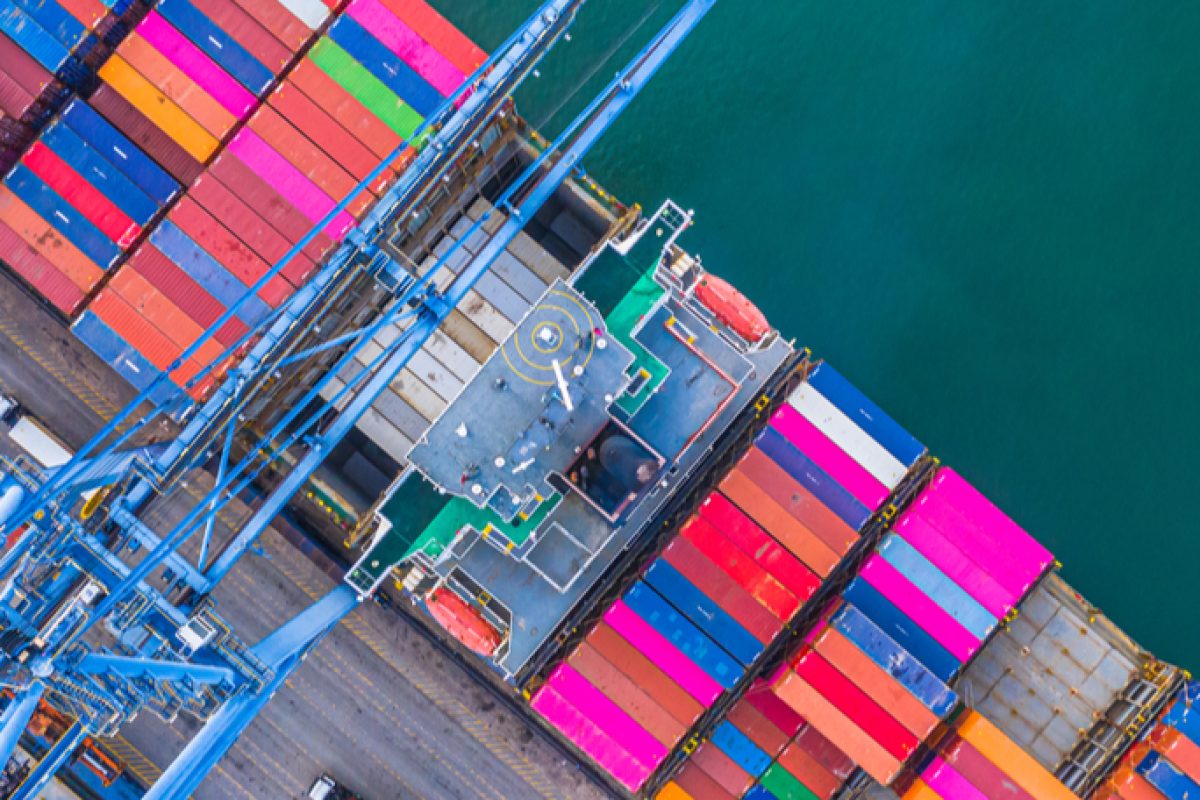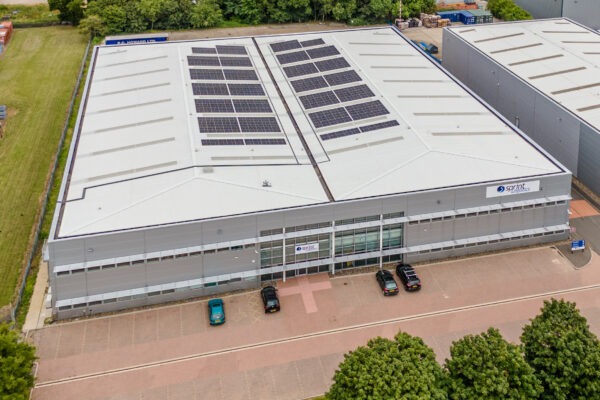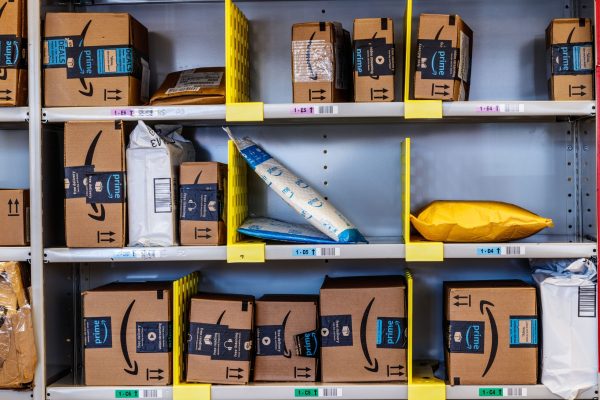Effective forecasting requires an awareness of ongoing events and the ability to predict future ones. With the awareness of any potential disruption to your business, your logistics or your wider supply chain, you can more easily manage those disruptions and mitigate unexpected delays or costs.
With climate change, new legislation, the rapid onset of technology and changing lifestyles in the wake of COVID-19, there are more variables to monitor than ever before. So many things could potentially impact your supply chain – how can you keep an eye on everything? We’ve identified some of the most likely future events that may impact your supply chain and explore how you can effectively manage those disruptions.
A changing world
A warming planet has the potential to wreak havoc on the natural world, which in turn will have a huge effect on every aspect of modern life. As floods, fires and extreme weather combine with a growing population to increase pressure on agriculture, industries such as transport will struggle to operate traditional methods and routes.
Increased shipping
Increased demand for shipping services has seen the largest shipping companies expand their market share throughout 2022. The move online that was accelerated by the pandemic shows no sign of slowing down, but with HGV driver shortages and congestion at ports around the world that demand runs the risk of not being met by global logistics services.
Increasing costs
On top of the increased demand for B2C e-commerce, many retailers are luring customers in with free delivery and returns. This is adding to the squeeze on retailers overheads – and in turn to the squeeze on logistics services, as transport rates, wages and other costs remain high.
Materials shortages
Commodities from wheat and tea to meat and timber are all in greater demand, yet shorter supply, than ever before. The forestry industry in particular is struggling to keep up with both timber production and the influx in demand to plant trees in order to offset commercial carbon emissions.
Product shortages
Other products suffering delayed or slower manufacturing processes, as a direct consequence of the materials shortage, include computer chips, some steel products and packaging such as cardboard and recycled paper. Although these shortages are predicted to ease throughout the year, the impact of this will still be felt across 2022.
Electric transport
As traditional combustion engines are phased out across the world, electric cars look set to be the vehicle of tomorrow. As the dominance of fossil fuels is decreasing, many logistics firms should start looking now for cleaner, greener transport methods.
Navigating supply chain disruption
Understanding and managing the financial and operational challenges of the years to come will require great agility and strong relationships between logistics services, supply chains and customers. Taking the right action now can help avert disastrous bottle necks and delays.
Working with an operator like Sprint Logistics can take the hassle out of logistics. Our experts are on hand to help you find the right logistics solution for any business in any sector, and we monitor the logistics and supply chain landscape so you don’t have to.
Spring Logistics can support you with freight, warehousing, stock monitoring and much more. Get in touch today to see how we can make your logistics operations easier, smoother and faster.




